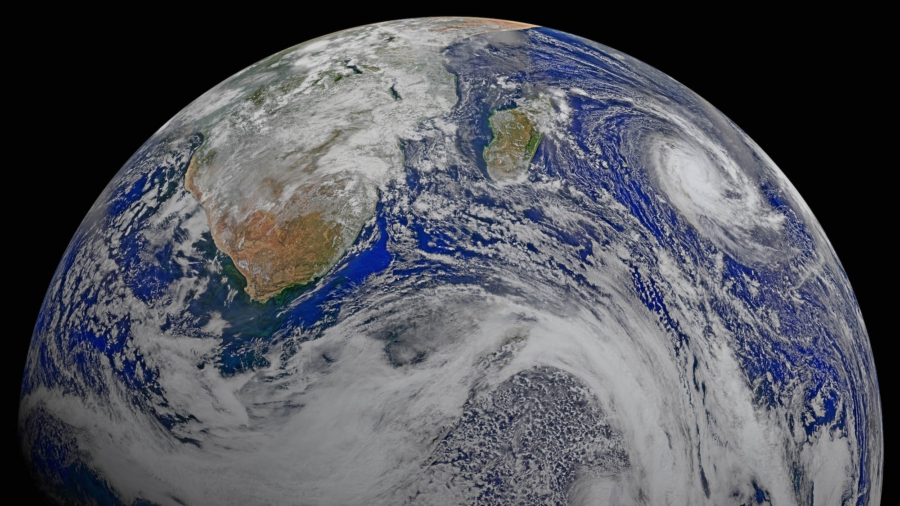The land Down Under may not have been so far down under once upon a time.
Rock discovered in Australia from millions of years ago appears to have come from North America, researchers at Curtin University in Perth, Australia, say.
The rocks, discovered some 250 miles (412 kilometers) west of Cairns near Georgetown in Far North Queensland, have characteristics that are unlike rocks native to Australia, the researchers say.
In a study published in the journal Geology on Jan. 17, the team says this shows that a chunk of land broke off from eastern Canada about 1.7 billion years ago and floated around before colliding with northern Australia some 100 million years later.
This collision helped form the supercontinent Nuna, also known as Columbia, they say.
Nuna was one of Earth’s many supercontinents, the most recent of the major ones being Pangea.
When the supercontinent separated some 300 million years later, the researchers say, that chunk of land stayed with Australia.
“This was a critical part of global continental reorganization when almost all continents on Earth assembled to form the supercontinent called Nuna,” Curtin University PhD student Adam Nordsvan from the School of Earth and Planetary Sciences said in a press release.
“This new finding is a key step in understanding how Earth’s first supercontinent Nuna may have formed, a subject still being pursued by our multidisciplinary team here at Curtin University,” added the study’s co-author, Professor Li Zhengxiang, also from Curtin’s School of Earth and Planetary Sciences.
Recommended Video:


